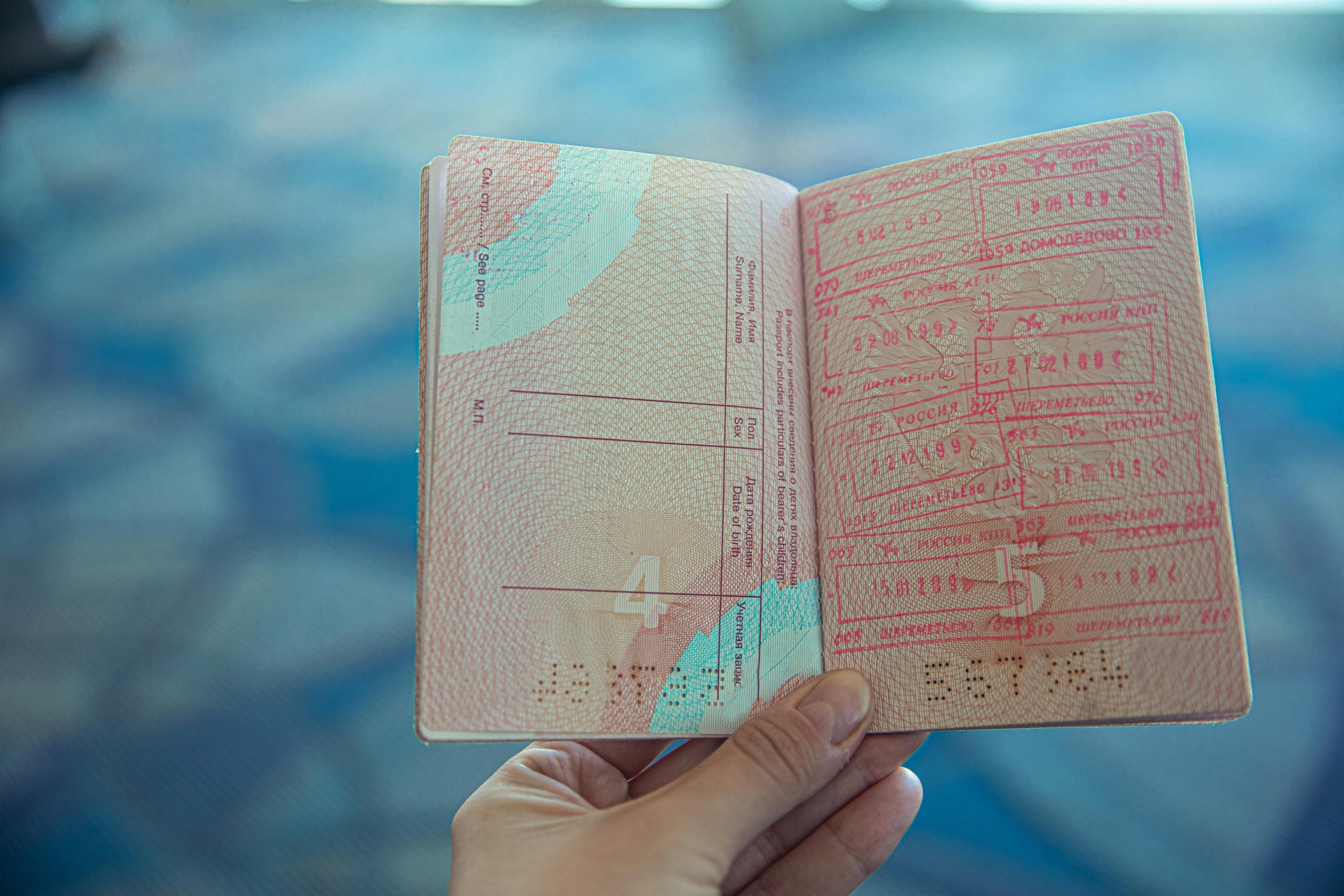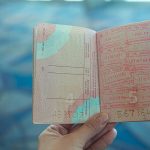Self-sponsorship offers entrepreneurs a unique pathway to UK residency through business establishment. According to the UK Visas and Immigration data, skilled worker visa applications increased by 23% among business founders seeking self-sponsored routes. Have you considered how establishing your own UK company could transform your immigration journey? With the right approach, a Self-sponsorhship Visa strategy provides both business opportunities and long-term residency benefits for ambitious entrepreneurs.
What Makes Self-Sponsorship Through Business Formation Possible
The UK’s immigration framework uniquely permits entrepreneurs to establish their own companies and subsequently sponsor themselves for work visas. This approach stems from the Skilled Worker visa regulations, which allow UK-registered companies to become licensed sponsors regardless of their ownership structure.
Topic to read : Cardboard partitions: the ultimate protection for fragile products
When you incorporate a UK company, it becomes a separate legal entity with the authority to apply for a Self-sponsorhship Visa licence from UK Visas and Immigration. Once approved, your company can issue Certificates of Sponsorship to employees, including yourself as the business owner. This process is entirely compliant with Home Office regulations.
The critical requirement lies in demonstrating that your business serves a genuine commercial purpose beyond immigration facilitation. Your company must operate legitimately, maintain proper employment records, and fulfill all sponsor duties including right-to-work checks and compliance reporting.
This might interest you : Optimizing Contactless Payment: A Guide for UK Restaurants to Enhance Customer Experience
Success depends on meeting specific financial thresholds, typically £25,600 annually for most roles, and proving your business can sustain operations while employing you. The Home Office scrutinizes applications to ensure businesses aren’t shell companies created solely for visa purposes.
Essential Requirements and Eligibility Criteria
Meeting the specific eligibility criteria for UK self-sponsorship requires careful attention to both financial thresholds and professional qualifications. These requirements form the foundation of a successful application and business establishment.
The financial requirements include maintaining a minimum investment threshold and demonstrating sufficient funds for business operations. Professional qualifications must align with UK standards and may require formal recognition depending on your sector.
- Minimum investment: £50,000 liquid funds available for immediate business use, excluding personal living expenses
- Maintenance funds: Personal savings of at least £945 per month for up to 6 months to cover living costs
- English proficiency: IELTS Academic score of 6.5 overall with minimum 6.0 in each component
- Business viability: Comprehensive business plan demonstrating realistic revenue projections and job creation potential
- Professional qualifications: Relevant experience or credentials in your chosen business sector
- Clean background: Clear criminal record certificate from all countries of residence in the past 10 years
Documentation requirements extend beyond basic certificates to include detailed financial statements, professional references, and comprehensive business documentation. Ensuring all paperwork meets Home Office standards prevents costly delays in the application process.
The Step-by-Step Application Process
The journey to obtaining a self-sponsorship visa begins with establishing your UK business entity. You’ll need to incorporate your company through Companies House, ensuring it meets the minimum requirements for sponsorship eligibility. This initial phase typically takes 24-48 hours for standard incorporation, though expedited services are available.
Once your company is operational, the next crucial step involves applying for a sponsor licence from the Home Office. This process requires demonstrating your business’s legitimacy, financial stability, and compliance with UK employment law. The Home Office typically processes sponsor licence applications within eight weeks, though complex cases may take longer.
After securing your sponsor licence, you can proceed with your visa application. This involves submitting comprehensive documentation including business plans, financial statements, and proof of your role within the company. The visa processing time generally ranges from three to eight weeks, depending on your nationality and application complexity.
Throughout each stage, maintaining detailed records and ensuring compliance with Home Office requirements remains essential. Any discrepancies or missing documentation can significantly delay the process, making professional guidance invaluable for navigating this intricate procedure successfully.
Cost Breakdown and Financial Planning
Understanding the total investment required for UK self-sponsorship is crucial for successful business planning. The financial commitment extends far beyond the initial visa application fee, encompassing multiple components that entrepreneurs must carefully budget for.
Government fees form the foundation of your investment, with the Skilled Worker visa application costing £719 for applications made outside the UK. The Immigration Skills Charge adds £1,000 annually for small sponsors, while the Certificate of Sponsorship fee requires an additional £199. These mandatory costs total approximately £1,918 annually in direct government fees alone.
Corporate establishment costs vary significantly depending on your business structure and professional requirements. Company formation through Companies House costs just £12, but comprehensive business setup including registered office, director services, and initial compliance can range from £500 to £2,000. Professional fees for legal and immigration advice typically start at £3,000, though complex cases may require substantially more investment.
Smart financial planning should allocate between £15,000 and £25,000 as a realistic budget for the complete self-sponsorship process. This includes all government fees, professional services, business setup costs, and contingency funds for unexpected requirements. Specialist consultancy services can provide detailed cost breakdowns tailored to your specific business model and circumstances.
Documentation and Evidence Requirements
The success of your self-sponsorship visa application hinges on providing comprehensive and meticulously prepared documentation. Each document serves as crucial evidence that your business meets UK immigration requirements and demonstrates your genuine commitment to establishing a legitimate enterprise in the country.
Your business documentation forms the foundation of your application. This includes your company’s Certificate of Incorporation, Memorandum and Articles of Association, and detailed business plans outlining your operational strategy, market analysis, and financial projections. Immigration officials scrutinise these documents to verify that your business is viable and meets the innovation, viability, and scalability criteria essential for approval.
Financial evidence requires particular attention to detail. You must provide comprehensive bank statements, audited accounts where applicable, and proof of investment funds. These documents must clearly demonstrate your ability to support both your business operations and personal maintenance requirements during your stay in the UK. Any discrepancies or incomplete financial records can result in immediate application rejection.
Personal identification and qualification documents complete your submission package. Valid passports, educational certificates, professional qualifications, and character references establish your credibility as an entrepreneur. The quality and authenticity of your documentation directly correlates with your application’s success rate, making professional preparation absolutely essential.











